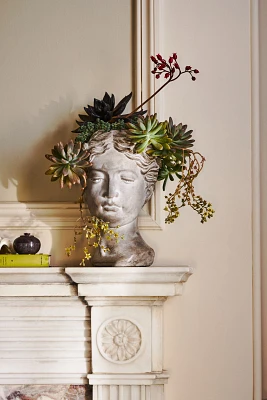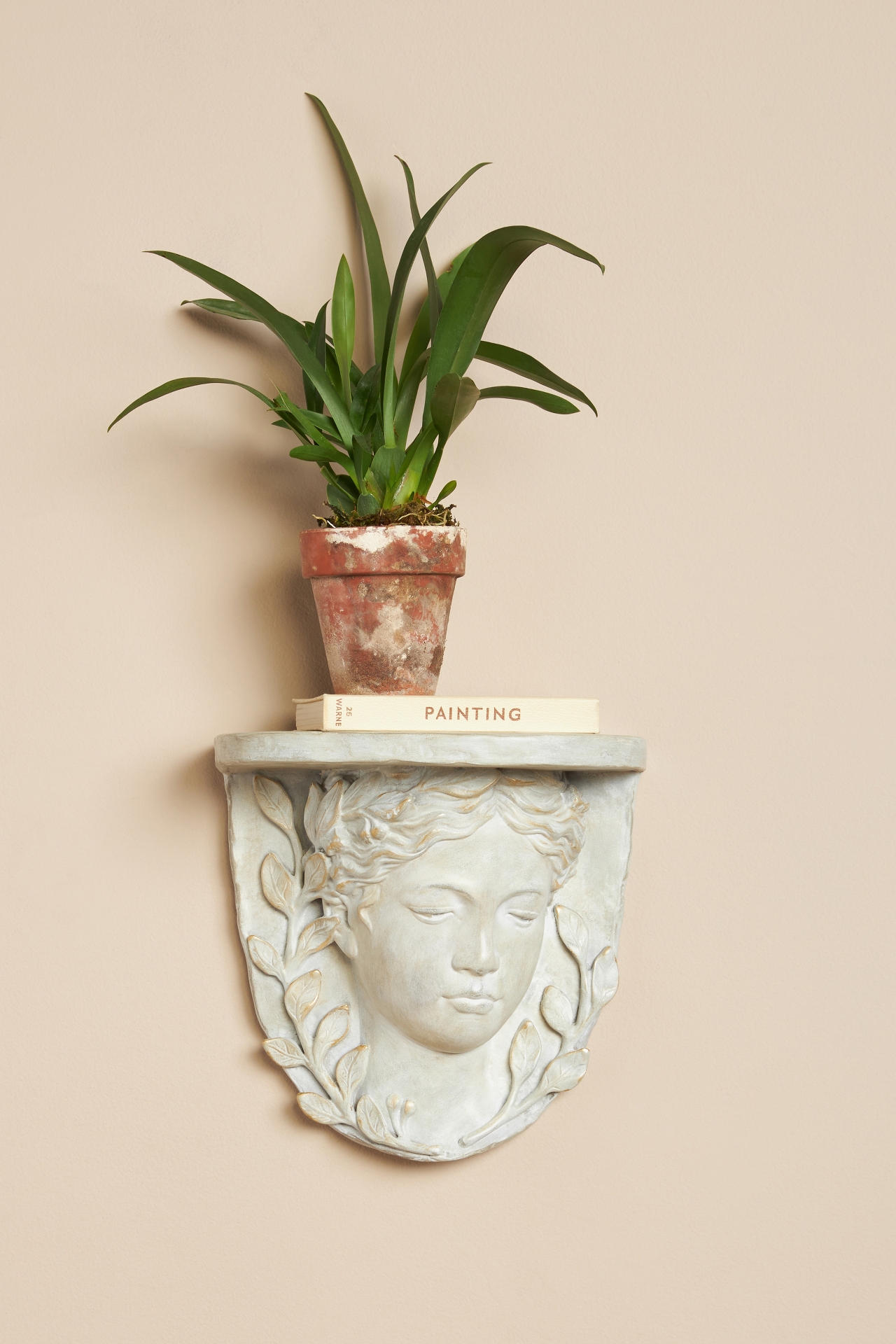Home
The Erard Grecian Harp in Regency England
Barnes and Noble
The Erard Grecian Harp in Regency England
Current price: $36.95


Barnes and Noble
The Erard Grecian Harp in Regency England
Current price: $36.95
Size: OS
Loading Inventory...
*Product information may vary - to confirm product availability, pricing, shipping and return information please contact Barnes and Noble
During the early nineteenth century, the harp was transformed into a sophisticated instrument that became as popular as the piano. This was largely the result of the harp's intensive technical, musical and visual upgrading, which gradually led to the transition from the single- to the double-action pedal harp. A major figure in this process was Sébastien Erard (1752-1831), a tireless inventor and prolific manufacturer of harps and pianos operating branches in Paris and London. With the introduction in 1811 of the so-called 'Grecian' model, the first commercially built double-action harp, the Erard firm managed to establish the harp not only as a novel, state-of-the-art instrument, but also as a powerful symbol of luxury, wealth and status.
Drawing upon a wide variety of primary sources, including surviving instruments, archival documents and iconographical evidence, this book provides a comprehensive overview of the development, production and consumption of the Erard Grecian harp in Regency England. The innovative approaches employed by the Erard firm in the manufacture and marketing of harps are measured against competitors but also against the work of leading entrepreneurs in related trades, ranging from the mechanical devices and precision tools of James Watt, Henry Maudslay or Jacques Holtzapffel, through the ornamental pottery of Josiah Wedgwood, to the clocks and watches of George Prior or Abraham-Louis Breguet. In addition, the book examines the omnipresent role of the harp in the education, art, fashion and literature of the Regency era, discussing how the image and perception of the instrument were shaped by groundbreaking advances, such as the Industrial Revolution, Neoclassicism, and the Napoleonic Wars.
Drawing upon a wide variety of primary sources, including surviving instruments, archival documents and iconographical evidence, this book provides a comprehensive overview of the development, production and consumption of the Erard Grecian harp in Regency England. The innovative approaches employed by the Erard firm in the manufacture and marketing of harps are measured against competitors but also against the work of leading entrepreneurs in related trades, ranging from the mechanical devices and precision tools of James Watt, Henry Maudslay or Jacques Holtzapffel, through the ornamental pottery of Josiah Wedgwood, to the clocks and watches of George Prior or Abraham-Louis Breguet. In addition, the book examines the omnipresent role of the harp in the education, art, fashion and literature of the Regency era, discussing how the image and perception of the instrument were shaped by groundbreaking advances, such as the Industrial Revolution, Neoclassicism, and the Napoleonic Wars.


















